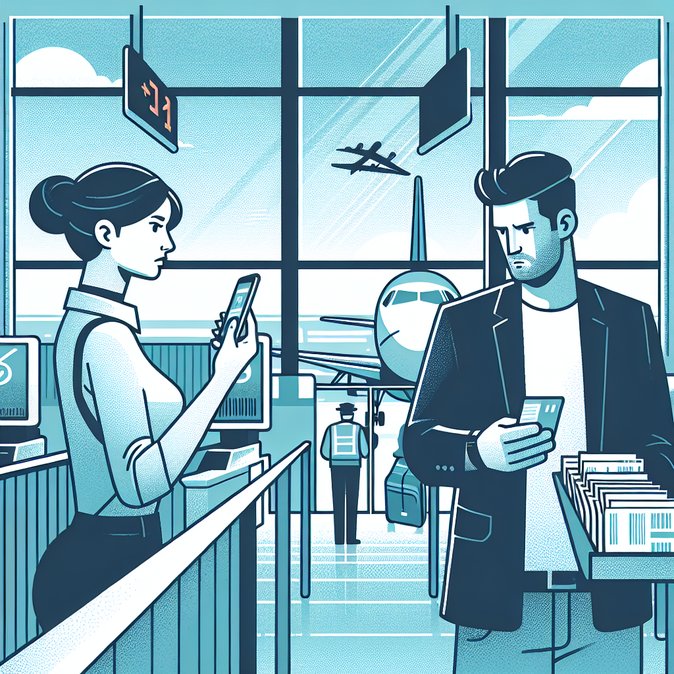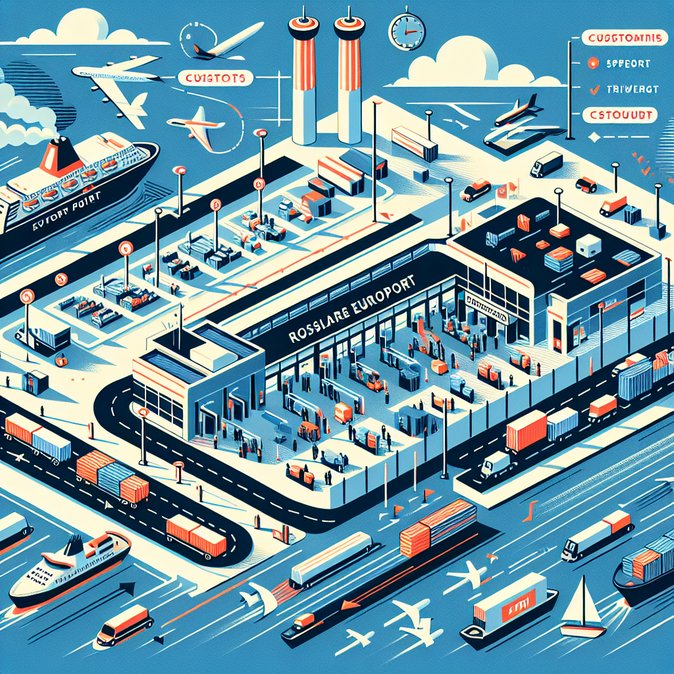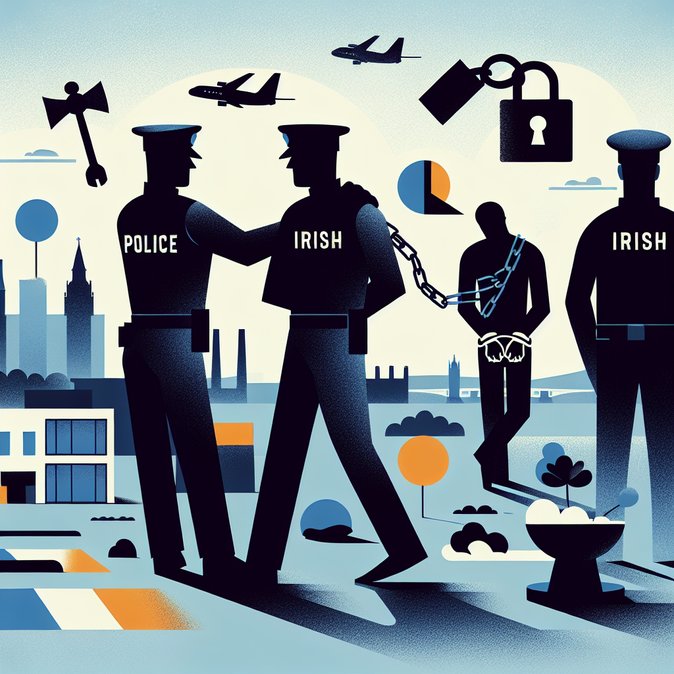
In a move that will affect millions of Irish-origin business and leisure trips each month, Ryanair confirmed on 7 November 2025 that it will no longer accept printed boarding passes after 12 November. Writing in Aviation.Direct, company spokesman Stephen Steiner said more than 80 % of the airline’s 207 million customers already use the ‘myRyanair’ app, but the remaining 20 % must now migrate or face airport re-issuance fees.
Chief Marketing Officer Dara Brady framed the shift as a ‘faster, smarter and greener’ boarding experience that supports the carrier’s 25-minute aircraft turnaround model. The digital pass integrates live gate updates, ‘order-to-seat’ catering and disruption notifications, features Ryanair claims can shave three to five minutes off each departure.
![Ryanair to scrap paper boarding passes from 12 November, urges Irish passengers to go fully digital]()
The policy has sparked debate in Ireland’s corporate-travel community. Travel management companies told Global Mobility News that most multinationals already mandate mobile passes, yet sectors with older or compliance-sensitive travellers (e.g., pharma auditors visiting multiple plants) may need contingency phones or portable printers. Ryanair says customers without smartphones can still request a paper pass at check-in, but consumer advocates warn that queues and a €20 re-print charge remain barriers.
Accessibility charities have also contacted the National Disability Authority, arguing that a smartphone requirement could disadvantage digitally excluded passengers. Under EU Regulation 1107/2006, carriers must offer assistance free of charge; Ryanair insists the on-airport print option meets this obligation.
For mobility managers the practical advice is clear: remind assignees and visiting teams to install or update the Ryanair app before travelling next week, ensure company mobile-device policies allow the download, and brief travellers that certain jurisdictions – notably Morocco and Turkish domestic sectors – still require a physical pass that Ryanair agents will provide at the gate.
Chief Marketing Officer Dara Brady framed the shift as a ‘faster, smarter and greener’ boarding experience that supports the carrier’s 25-minute aircraft turnaround model. The digital pass integrates live gate updates, ‘order-to-seat’ catering and disruption notifications, features Ryanair claims can shave three to five minutes off each departure.

The policy has sparked debate in Ireland’s corporate-travel community. Travel management companies told Global Mobility News that most multinationals already mandate mobile passes, yet sectors with older or compliance-sensitive travellers (e.g., pharma auditors visiting multiple plants) may need contingency phones or portable printers. Ryanair says customers without smartphones can still request a paper pass at check-in, but consumer advocates warn that queues and a €20 re-print charge remain barriers.
Accessibility charities have also contacted the National Disability Authority, arguing that a smartphone requirement could disadvantage digitally excluded passengers. Under EU Regulation 1107/2006, carriers must offer assistance free of charge; Ryanair insists the on-airport print option meets this obligation.
For mobility managers the practical advice is clear: remind assignees and visiting teams to install or update the Ryanair app before travelling next week, ensure company mobile-device policies allow the download, and brief travellers that certain jurisdictions – notably Morocco and Turkish domestic sectors – still require a physical pass that Ryanair agents will provide at the gate.
More From Ireland
View all
€230 million Rosslare Europort Terminal 7 delivers permanent post-Brexit customs and immigration hub

Garda Extradition Unit nets 11 fugitives, including suspects in human-trafficking and illegal-immigration rings
